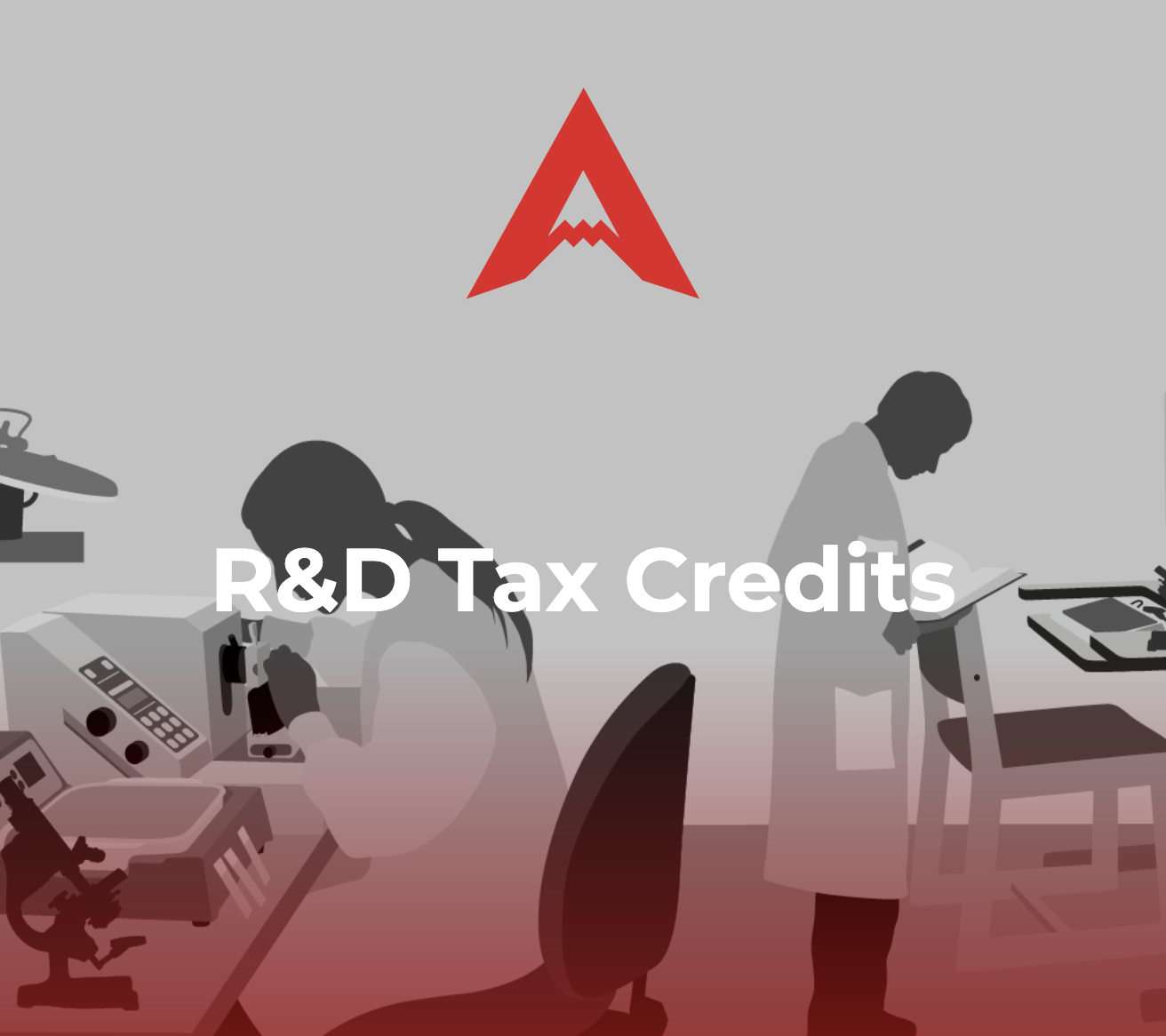The (Almost) Secret Way to Save Tax Money: HMRC’s R&D Tax Credit Scheme
As a food & drink brand, have you heard of the HMRC’s R&D Tax Credit Scheme? Read how founder of I AM NUT OK, Angela Chou, was able to take advantage with the help of Apogee, an award-winning values driven R&D tax credit provider. They are offering Bread & Jam members a free, no-obligation consultation if you reach out to jack@apogee.co.uk
What is HMRC’s R&D Tax Credit Scheme?
The HM Revenues and Customs (HMRC) have corporation tax relief on research and development (R&D) projects. A lot of food & drink challenger brands can qualify for this tax relief, but you must be able to prove your project meets the standards and definition of R&D to take advantage. Although there’s quite a long list of requirements, it’s definitely possible and can be worth the time and effort to find out if you’re eligible as a food & drink brand.
What is I AM NUT OK and how did they take advantage of the R&D Tax Credit Scheme?
American-born Angela Chou began crafting homemade alternatives to make partner Nivi Jasa’s transition to veganism as a cheese-loving Italian a bit less of a shock to the system. After creating her incredible plant-based “not cheeses” right from their kitchen in Hackney, the couple realised that there was a gap in the market for an artisanal vegan cheese brand.
The couple turned their their passion project into a thriving business, and through a process of trial-and-error, they worked towards developing a range of cheese alternatives that:
· Had the right properties to melt when exposed to heat
· Had a long shelf life
· Replicated the taste of dairy cheeses
· Replicated the texture of dairy cheeses
They were able to talk to the R&D tax experts at Apogee, who worked with them to create a carefully detailed technical R&D report that substantiated all the costs incurred by Angela and Nivi during their development work and explained the challenges that the couple had to overcome to create their vegan cheeses, alongside a breakdown of the expenditure included in the claim.
What were some of the HMRC criteria I AM NUT OK met?
At the time, the development of vegan cheeses with these specific characteristics represented an technological advance in the industry, meeting the first of HMRC’s criteria for the relief.
The trial-and-error they faced during development was a good indicator of technical uncertainty, meaning I AM NUT OK immediately ticked another of HMRC’s eligibility criteria for R&D activities.
Despite several years of experience in the food industry, Angela and Nivi had to iterate and test their recipes numerous times before finally achieving the desired product. The fact that the solution wasn’t readily deducible to them (as competent professionals) ticked another of HMRC’s boxes.
As a result, thanks to Apogee’s technical R&D report, I AM NUT OK received funds from HMRC and invested the sum in the development of new delicious product ranges (which, with the continued support of Apogee, they later went on to submit another successful R&D claim for).
Why is taking advantage of the R&D Credit Scheme useful?
£££ (!!!). The savings enable food & drink companies to reinvest in their business as they see fit; whilst some UK food & drink brands use the funds to invest in more product development, others use the cash injection to improve manufacturing capabilities or rapidly commercialise their existing range.
With 97% of UK companies operating in the food & drink industry classed as SMEs, a huge proportion of the sector could benefit from the most generous R&D tax credit recovery rate. This allows many businesses in the space to grow rapidly through additional funding towards ongoing product development and commercialisation. For example:
Salaries: Staff time developing and refining innovative products, or implementing and adapting new machinery to improve production efficiency or reduce waste
Ingredients, consumables and utilities: Materials and ingredients used to produce prototype and test batches and even a portion of the business’s heat, light, power and water bills
Third-parties: Externally provided workers, self-employed individuals or subcontracted companies who do R&D on behalf of the business; this could include subcontractors involved in product development or nutritional testing
Software: Software used directly in R&D (for example, to formulate new recipes or design innovative packaging), or even software used to support the business’s R&D activities (such as accounting or HR programs)
What should I do as next steps to take advtage of HRMC’s R&D Tax Credit Scheme?
If you’re unsure about your eligibility or need support with your R&D tax credit claims, Apogee, the award-winning, values driven R&D tax credit provider can help.
Apogee’s first priority is providing top class customer service, making the process easy and seamless for our clients, whilst providing the best net return in the industry and ensuring the claim is completely compliant.
On numerous occasions, Apogee have used their proven, refined process to ensure businesses in the food & drink sector recover everything they are entitled to through the R&D tax credit incentive.
To arrange your free, no-obligation consultation with one of Apogee’s experts, email jack@apogee.co.uk
This is a sponsored blog post by Apogee Associates



